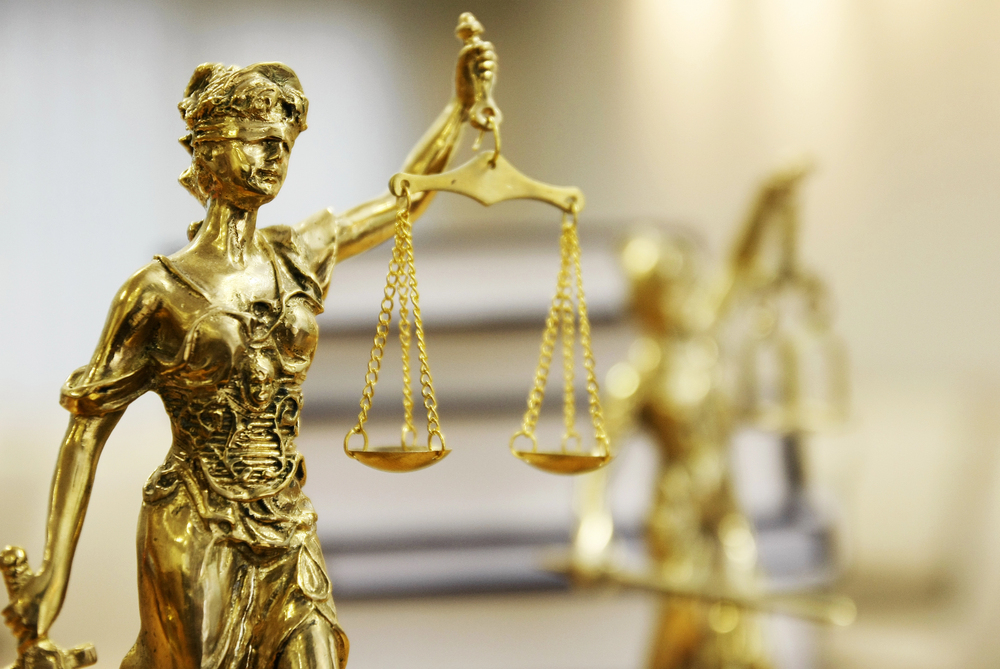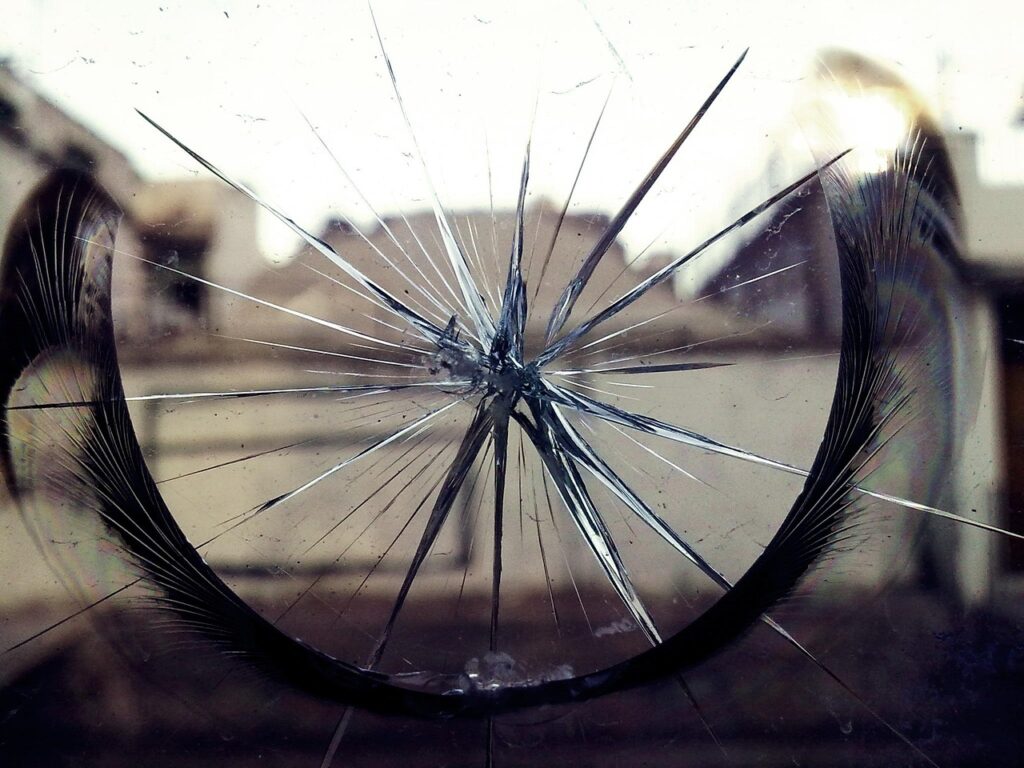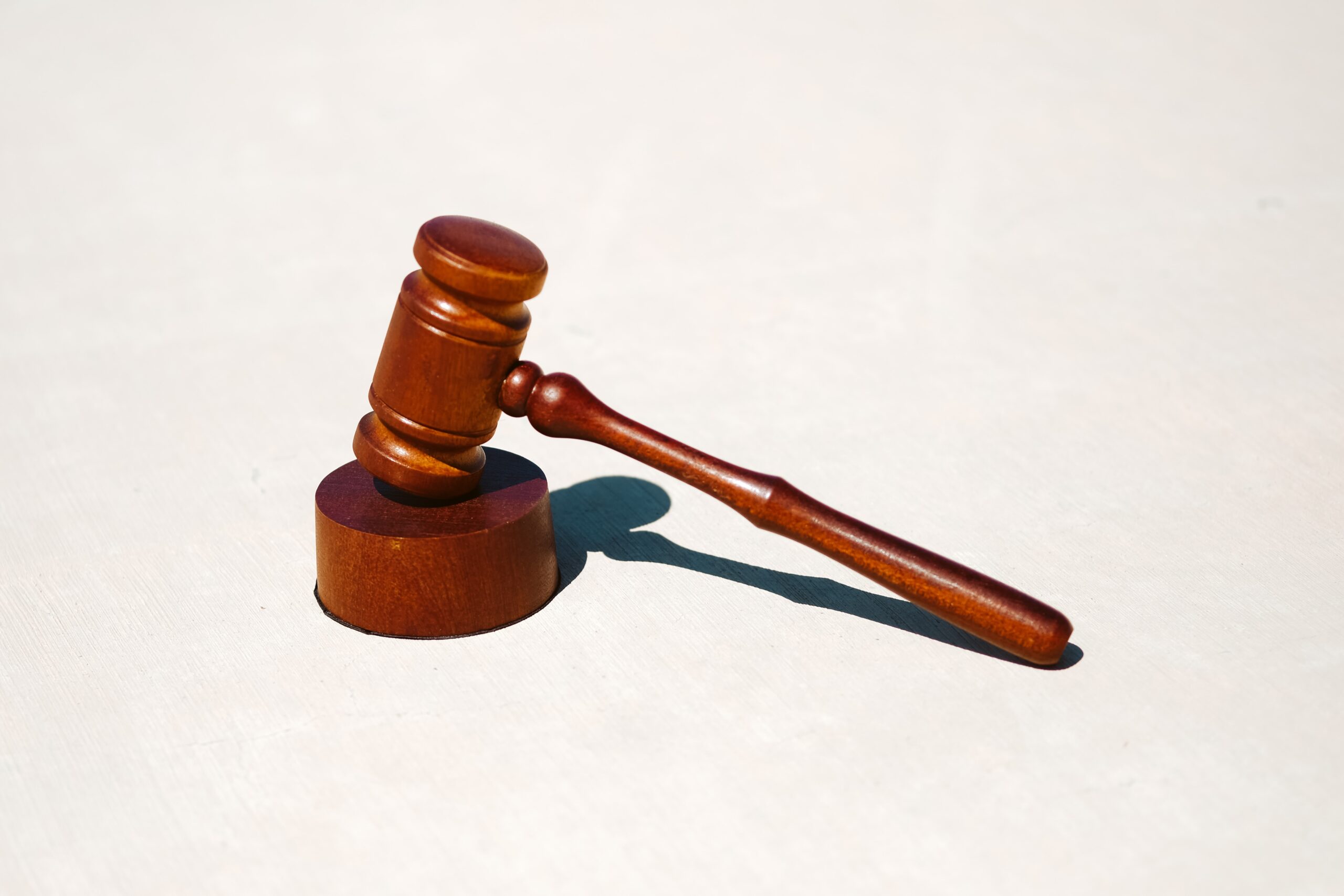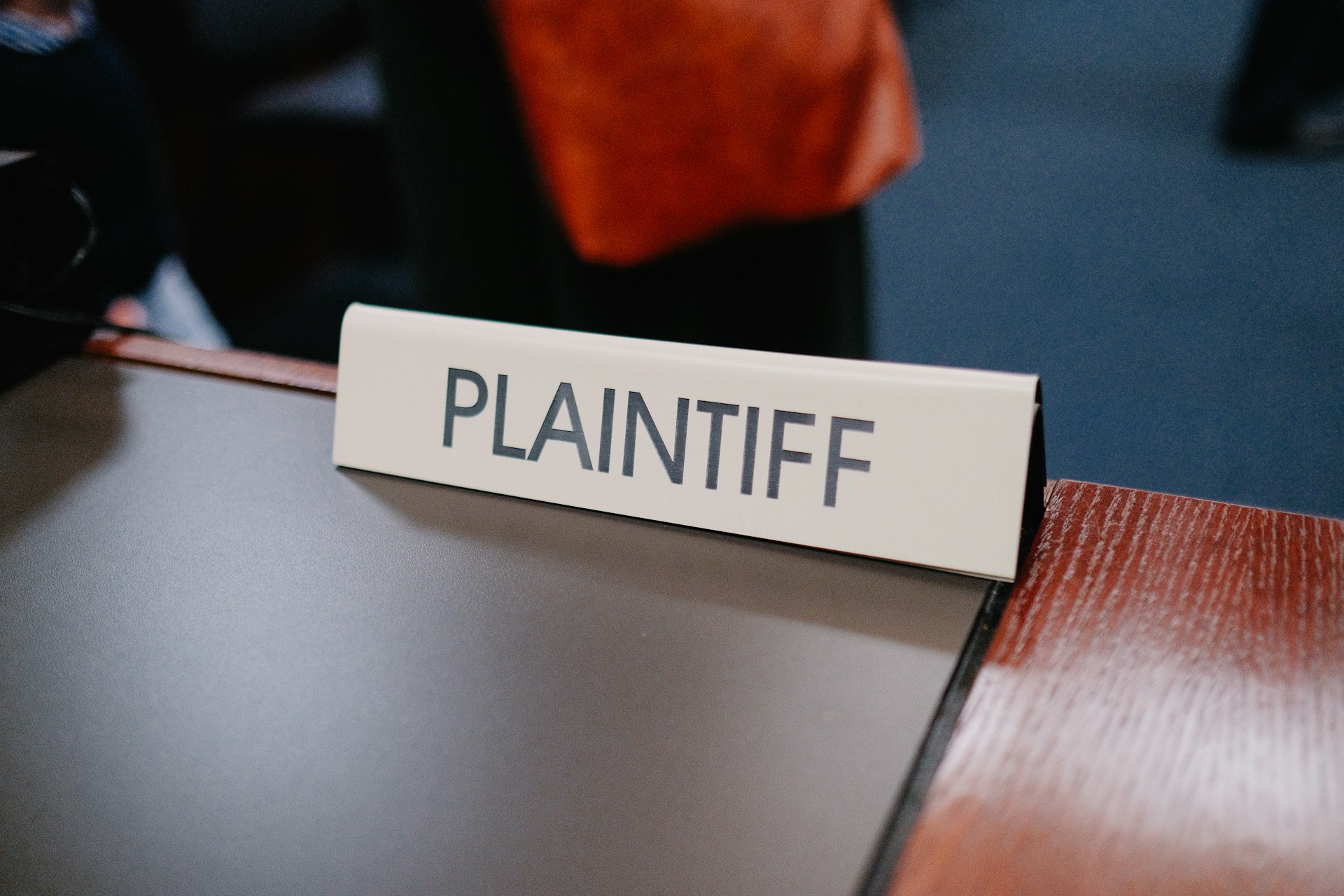Now Reading: How the Burden of Proof Impacts Victims
-
01
How the Burden of Proof Impacts Victims

How the Burden of Proof Impacts Victims
Whenever a person is injured through another’s negligence, they can seek compensation. But, the burden of proof lies with the victim. This means the injured person must have foolproof evidence that their version of events is true.
It also means directly linking the incident or accident to their injury or harm and proving that another person’s negligence caused the event.
This is a mouthful to say and read and even more complicated to achieve in real life. Victims in personal injury cases must understand how the burden of proof affects them if they want to be successful in suing for damages.
The Burden of Proof Explained
The burden of proof is a standard applied to different legal cases, but it is not the same for each case. For example, if a victim is trying to win a criminal legal case, their burden of proof would be referred to as ‘beyond a reasonable doubt.’
To understand this terminology, it is important to know what reasonable doubt is. Reasonable doubt means insufficient evidence or enough credible evidence to convict a defendant of a crime.
In criminal cases, victims and their lawyers must work together to prove ‘beyond a reasonable doubt’ that a defendant is guilty. They can do this by presenting solid evidence and arguments that rational people cannot refute.
Civil cases, such as personal injury cases, use a standard known as ‘preponderance of the evidence.’ A plaintiff trying to win compensation must prove their claims are true and that it is more likely than not (compared to the defendant’s case).
Proving fault in a personal injury case is often far easier than proving guilt in a criminal case. For a victim in a personal injury case to prove their case successfully, they must show that there is a more than 50% chance they are telling the truth.
What Are the Challenges for Victims in Personal Injury Cases?
Even though the burden of proof in personal injury cases is not as complicated, victims may still face several challenges. These include:
- Gathering sufficient evidence: A statement in front of lawyers or a court is not enough to win a personal injury case. Victims must collect a lot of evidence to support their claims. This means requesting copies of medical records, accident reports, and witness statements.
A victim must also ensure that these reports and statements corroborate their events. Furthermore, it may be impossible for a victim to get the evidence they need if they are severely hurt in an accident and hospitalized.
Fortunately, a victim who is too hurt to gather information and evidence on their own can rely on a lawyer to do it for them. Generally speaking, plaintiffs with personal injuries should always hire a lawyer to fight on their behalf. Personal injury lawyers can assist victims throughout the legal process, which includes gathering evidence.
- Proving the other party was negligent: This is also not as easy as it may seem. Victims must prove the person they are suing was negligent. So, they need to show that the defendant should have acted with reasonable care but did not. Their failure to act with reasonable care caused the victim’s injury.
- Additional costs (in addition to legal costs): Hiring a lawyer does not always come cheap, unless a victim can find a lawyer willing to work for a contingency fee. Other costs can quickly add up on top of the legal costs.
These include hiring accident reconstruction specialists or medical experts to support their claims. The more expenses a victim faces, the heavier their financial strain becomes.
- Emotional stress: People who are injured or suffer harm after an accident caused by negligence often experience severe emotional stress. They have to try and recover from their injuries while worrying about medical expenses and lost income. On top of that, they also have to try and successfully sue for compensation to cover all these expenses.
This can quickly become a vicious cycle where stress prevents a victim from recovering well.
How the Burden of Proof Affects Justice
Personal injury cases are about justice for victims. This is also why some courts award punitive damages on top of compensation amounts. Still, the burden of proof can negatively impact the pursuit of justice. The following instances illustrate such cases:
- Victims may receive lower compensation: If a plaintiff does not have strong evidence to support their claims, they may receive substantially less than what they are suing for. In worst-case scenarios, they may receive no compensation at all.
If a victim is severely affected by an accident because of injuries or property damage and they are not compensated, they could experience extreme financial difficulties. This problem will become even worse if the victim experiences long-term complications due to their injuries.
- Refusal to file a claim: Sometimes, the burden of proof is enough to scare victims into refusing to file a claim at all. They may believe it is too difficult to prove their case, or they may be put off by how difficult the legal process seems and how much it costs.
- Drawn-out legal cases: It takes time to gather and present evidence, which is why some personal injury cases can take months or even years to resolve. This type of delay adds to a victim’s suffering because throughout, they will have to deal with recovery and paying for medical expenses out-of-pocket.
How the Burden of Proof Can Be Made Lighter
Currently, the burden of proof is what it is, and victims must make do with the resources they have at their disposal. This burden could potentially be made lighter for victims if more legal resources are made available to them. There should also be a wider pool of resources that help victims gather the evidence they need to win their cases.
Streamlining the legal process could also help reduce the stress and costs for victims. However, this seems to be a long way away at the moment. What could be immediately implemented is better support systems for victims to help them through the worst after an accident. These systems include counseling and practical assistance.
The Burden of Proof Remains an Integral Part of the Legal System
When all is said and done, the burden of proof remains a key part of the legal system, even if it occasionally creates challenges for victims. By addressing the issues presented by the burden of proof, all victims can get the justice and compensation they deserve.










